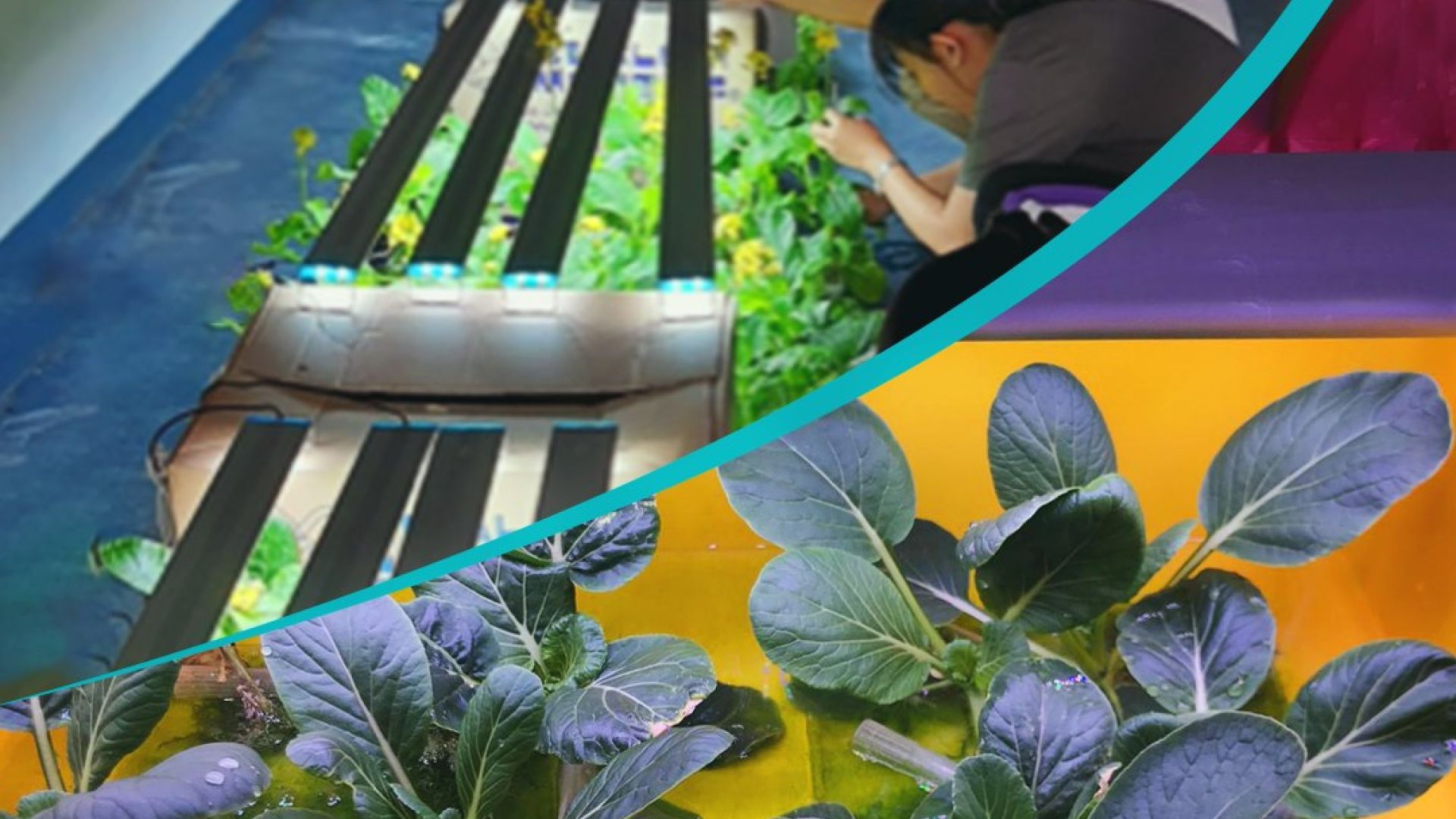Single-cell protein cultured from soybean process water looks promising

Aquaculture researchers in Singapore say soybean process water could prove adequate as a substrate for raising single-cell organisms intended for in animal feed.
Singapore is looking to improve food security by reducing imports and producing more food locally, according to Diana Chan, deputy director of the Aquaculture Innovation Center at Temasek Polytechnic in Singapore. At the same time, she said, the rising cost of fishmeal and a desire to reduce food waste has increased interest in using food waste byproducts in aquafeed.
“With the rising feed cost due to fishmeal availability for feed production, food waste valorization as a source of potential animal feed ingredients or additives has been gaining traction locally,” Chan said, “especially when the country is moving toward zero waste management which also helps in promoting environmental sustainability.”
Because the research team had access to process water from a local soybean processing plant, they decided to test the use of that waste water as a culture medium to produce single-cell proteins, which can serve as an alternative protein in place of fishmeal, Chan said.
The resulting single-cell protein product seemed to perform well in a feeding trial published by the journal Scientific Reports. Asian seabass raised on a diet with half of the usual fishmeal content swapped out for the single-cell protein performed as well as those fed a conventional diet, and the experimental diet seemed to result in less variable feed conversion and weight gain.
The single-cell protein may contain probiotics that enhance fish gut health and, in turn, promote digestibility and the absorption of nutrients, Chan said. And the protein product is likely to prove cost-competitive with fishmeal giving growing demands on limited natural resources, Stefan Wuertz, co-founder of the Singapore Center for Environmental Life Sciences Engineering at Nanyang Technological University.
However, there’s still some work to optimize the use of soybean process water in single-cell protein production before such a product could be produced at scale, Chan said.